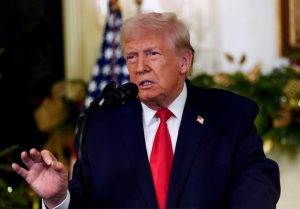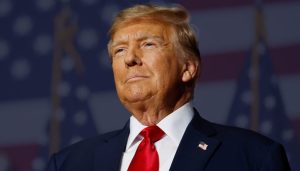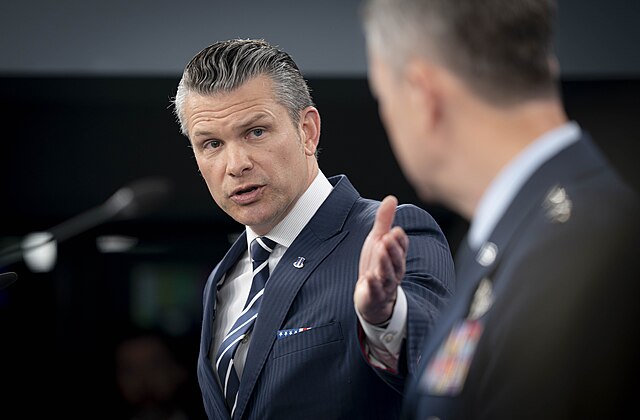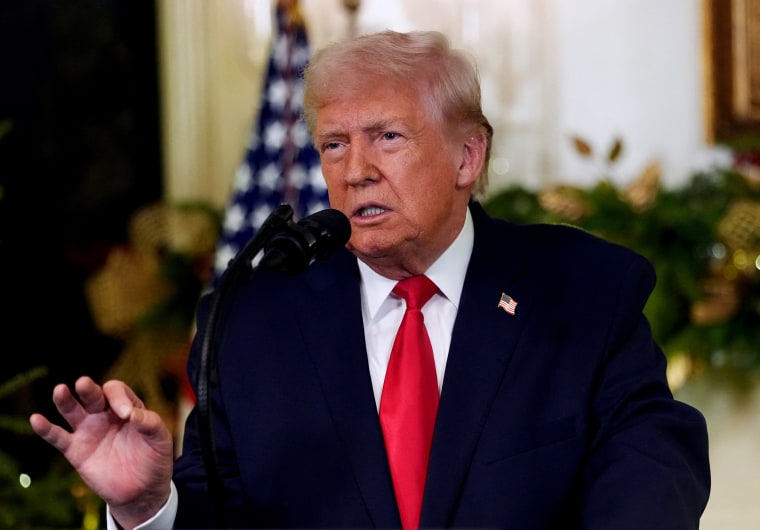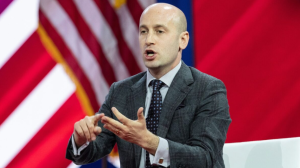The Department of Defense issued a sharp rebuke Wednesday after a Washington Post investigation detailed Secretary Pete Hegseth’s security arrangements, calling the report a serious threat to the Cabinet official and his family.
Acting deputy press secretary Joel Valdez accused the newspaper of publishing sensitive information that could endanger Hegseth, saying on X: “There should be severe punishment for what @TaraCopp, @DanLamothe, and @AlexHortonTX are doing.”
The Post article, titled “Hegseth’s expansive security requirements tax Army protective unit,” drew from over a dozen interviews and outlined how Hegseth’s protective demands are reportedly straining the Army agency responsible for his safety. The story detailed how agents had to be reassigned from criminal investigations to cover Hegseth’s residences across Minnesota, Tennessee, and Washington, D.C.
“I’ve never seen this many security teams for one guy. Nobody has,” a Pentagon source told the newspaper. The Post noted that it withheld certain sensitive information, including precise agent numbers and locations.
Hegseth’s chief spokesperson, Sean Parnell, fired back, highlighting what he said was a volatile threat environment. He referenced previous doxxing incidents and attacks against federal personnel, asserting that the security measures were appropriate and based on recommendations from the Army Criminal Investigation Division (CID).
“In the wake of two assassination attempts against President Trump, ICE agents facing a 1000% increase in assaults, and repeated threats from Iran, it’s astonishing that the Washington Post is criticizing a high-ranking Cabinet official for receiving appropriate protection,” Parnell said.
Hegseth Warns of International Threats
Beyond domestic security, Hegseth has voiced concerns about foreign threats, particularly from China. On Fox News, he accused Beijing of attempting to exert control over strategic infrastructure, including the Panama Canal.
“The communist Chinese want to control politicians. They’re building infrastructure projects. They want to surveil. They want to take that canal. President Trump says, ‘Not on our watch,’ and we’re fighting back,” Hegseth said.
He detailed efforts to secure U.S. interests in Panama, including agreements to prioritize U.S. military and auxiliary vessels through the canal and a memorandum of understanding establishing a robust U.S. presence. Hegseth emphasized collaboration with Panamanian leadership to counter China’s influence.
“Fort Sherman will reopen jointly with the Panamanians as a Jungle School, and we’re going to have a larger U.S. presence at the invitation of Panama, working to keep the communist Chinese out,” he explained.
Hegseth praised Panama’s president for supporting U.S. interests in the region, noting that proactive measures in key terrain like the Panama Canal are essential to maintaining strategic advantages.
Political and Security Implications
The clash between the Pentagon and the Washington Post underscores tensions over how much detail should be publicly disclosed regarding the security of high-ranking officials. While the media frames the reporting as investigative transparency, the Department of Defense frames it as a direct safety risk.
As Hegseth’s statements highlight both domestic and international threats, the controversy also draws attention to broader U.S. defense and foreign policy priorities, emphasizing that security decisions are informed by evolving global and domestic challenges.
The dispute leaves a stark choice between public transparency and operational safety, with both sides making a strong case for their approach.

James Jenkins is a celebrated Pulitzer Prize-winning author whose work has reshaped the way readers think about social justice and human rights in America. Raised in Atlanta, Georgia, James grew up in a community that instilled in him both resilience and a strong sense of responsibility toward others. After studying political science and creative writing at Howard University, he worked as a journalist covering civil rights issues before dedicating himself fully to fiction. His novels are known for their sharp, empathetic portraits of marginalized communities and for weaving personal stories with broader political realities. Jenkins’s breakout novel, Shadows of Freedom, won national acclaim for its unflinching look at systemic inequality, while his more recent works explore themes of identity, resilience, and the fight for dignity in the face of oppression. Beyond his novels, James is an active public speaker, lecturing at universities and participating in nonprofit initiatives that support literacy and community empowerment. He believes that storytelling is a way to preserve history and inspire change. When not writing, James enjoys jazz music, mentoring young writers, and traveling with his family to explore cultures and stories around the world.
